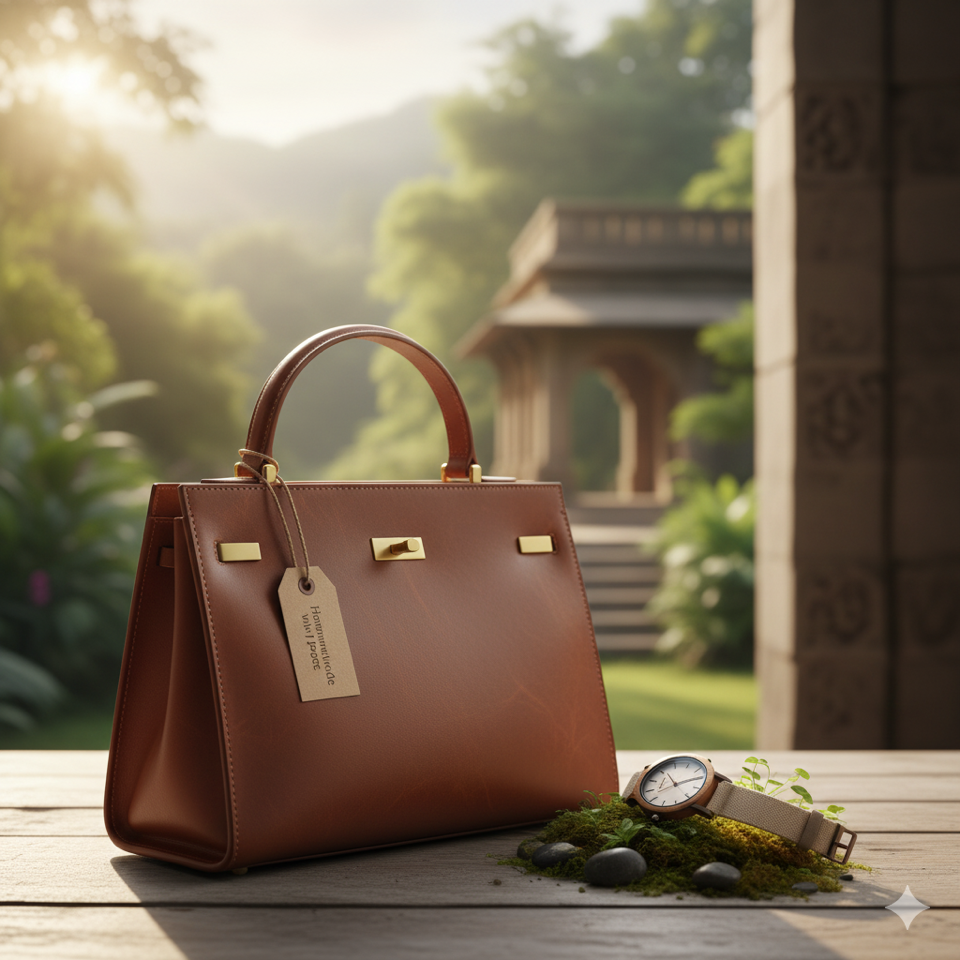The luxury automotive industry began experiencing an increase in demand during the height of the global COVID-19 pandemic, as customers unable to travel, sought other areas to spend their money. What was even more noticeable was that customers were unwilling to wait for a new model, opting instead for pre-owned cars to satisfy their need for speed.

Welcome back to The Deep Dive, a new series from Luxury Society that takes an in-depth look at the big issues and topics affecting the luxury market, and how the industry has responded to them. Through a series of interviews, exclusive data, and market analysis, we hope to provide a comprehensive view of each topic explored, adding to the wider discussions with our own expertise and that of others in the industry.
The second part of our report is a series of interviews with leading experts in different segments of the luxury industry such as Luxury Watches and Jewellery, Retail, Automotive, Media and Advertising and Health and Wellness, each taking a deep dive into the current state of the luxury industry today and where each category is headed. We aim to give our readers a deeper understanding and insight into the trends happening in the market through their eyes.

Credit: Courtesy.
Our third interview in part two of The Deep Dive features Beat Imwinkelried, Owner and Chief Executive of B.I. Collection, a luxury car dealership based in Zurich, who speaks about how increased demand for luxury cars is helping to increase the popularity of pre-owned models, why physical experiences will continue to drive the market forward and why he believes luxury will recover in 2022.
When the start of the global COVID-19 pandemic began and travel restrictions were put into place the world over, Beat Imwinkelried began receiving a lot of phone calls. The entrepreneur, whose dealerships in Zurich, Basel and Gstaad sell luxury car brands like Ferrari, Maserati, Bugatti, Porsche and Mercedes-Benz, heard the same thing from many of his clients: they wanted a luxury car, they wanted it now, and they were willing to buy pre-owned.
This made for a stark contrast to the trends and behaviours Imwinkelried had observed over his many years working in the luxury automotive space. Clients who would have previously signed a contract with a waiting time of 18 to 20 months for a Ferrari, often customised to their exact specifications, now wanted to take a pre-owned car that they could enjoy in the present, no matter the cost.
What makes this behaviour in the luxury automobile industry remarkable, is that typically, when clients buy their first luxury car like a Ferrari, they often buy a pre-owned model, explained Imwinkelried. But if a client were to purchase a second or a third, typically they would seek out a new model that they can configure to their own specifications, which in itself is part of the experience.
“This is part of the journey and part of the experience of buying a luxury car which is very important,” he said. “For many people who buy Ferraris for instance, it has been very important to go to Maranello, to do your tailor-made specification, visit the factory, sit down for a nice Italian dinner, it was part of the package. And during the pandemic, this kind of experience was not possible anymore. Because of that, clients then chose not to wait, and instead chose to take a car that was already in the dealership.”
“This was a significant shift in consumer behaviour,” he said. “Consumers have continued to spend money but what has changed is that they wanted to have it immediately.”
A large of why demand has been so high is due to the travel restrictions and an increase in disposable income to spend elsewhere. “During the pandemic, travel has been extremely restricted. So, instead of travelling to the Maldives, or other exotic locations, clients have decided that if they had to stay in Switzerland or nearby, they wanted to have a nice car, a luxury car to enjoy for themselves while they weren’t travelling to other places,” he noted.
Now that many travel restrictions have eased, at least for the time being, Imwinkelried has noticed that the accelerating trend that he saw in the first quarter of the year, has eased, something he expects to continue in the coming months.
“At the moment that I would not say that it is accelerated,” he said. “As soon as people could go back to travelling and the restrictions for travel eased, then the interest shifted and I think this is still kind of going on. We still have people that we are inviting for events, like test drives but for now, there is a feeling that restrictions may come back and clients are travelling for as long as they can. So, this is the kind of behaviour we seeing at present.”
For the year ahead, however, Imwinkelried remains optimistic and expected the rebound that luxury is experiencing to continue into the new year. “From a Swiss perspective, I believe there are good reasons to believe that this rebound in luxury will continue to last into 2022. Switzerland has been recovering, better than forecast 12 months ago. We have a lot of people who have part of their wealth, coming from either capital gains in financial investments or real estate, so I am quite optimistic that this rebound will continue into 2022.”
Looking forward, what remains a challenge for luxury cars is a mixture of things, said Imwinkelried. Firstly, how can businesses balance the mix of both digital and physical customer journeys, particularly in the automotive space where the physical experience forms such a big part of the sales and purchase.
“The challenge for us is how to cope with this mix of the two, he said. “How do we create and capture their interest on digital channels and how can we reach them. And then how can we put them behind the steering wheel of a car physically? This is something that I think is a big challenge for the industry. I see a lot of pilot projects I see a lot of trial and error approaches by manufacturers.”
“I think you have to be very smart and very educated and very skilled,” he added. “If you want to really achieve an impact. You need to use digital ways to communicate and reach your target audience, but in a very stylish way which more or less corresponds to the positioning of your product.”
Another topic is sustainability, which is growing in importance for many clients. “There is an increasing awareness regarding certain social responsibility, certain environmental issues and it’s obvious that many luxury goods manufacturers have identified that and responded to that. And that’s increasingly important. Consumers are informed and are interested.”
“People are asking questions and are investigating about certain impacts on the environment, like fuel consumption,” he added. “They are asking questions about what will be the value of this car in 10 years. Do you believe that I can still go into city centres in five years from now, these are questions that are increasingly being asked. Eventually, they still buy the car, but it shows us that they care about these topics.”
And lastly, the experience, where Imwinkelried believes his expertise lies. “With luxury cars, it’s all about emotional mobility,” he said. “Let’s be clear, nobody on the planet needs a Ferrari. It’s a pure emotion. Nobody can tell me that he needs one. And so, a Ferrari, a Bugatti, a Rolls Royce, are all part of what I call emotional mobility.”
“It’s not about getting from A to B, but about something that drives your emotion,” he said. “I truly believe in the future of emotional mobility and all the services around it. This is where you can not only deliver a product but you can also deliver a lot of services around the product.”
“It’s where an all-inclusive trip to a racetrack in Spain can be organised for the speed junkie, right down to the hotel, transportation of your vehicle, the replacement tyres, the mechanic that travels with you and your friends to take care of everything,” he added. “Here are the services around the core product, and this is where I see the future.”










